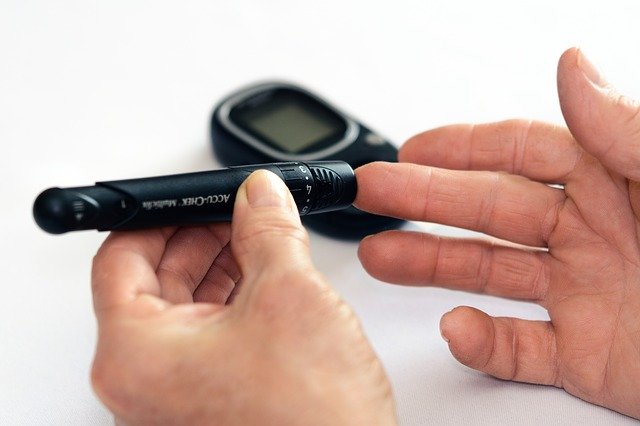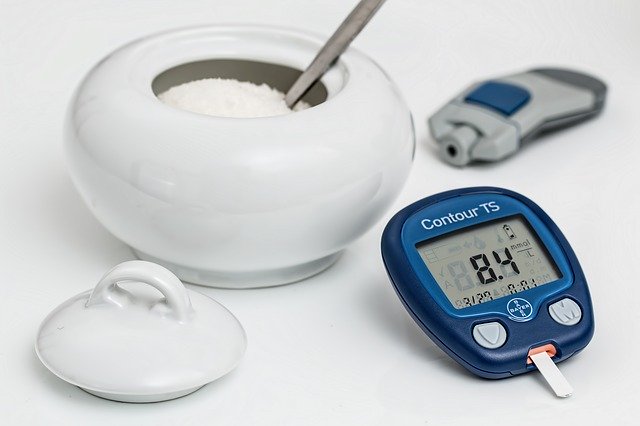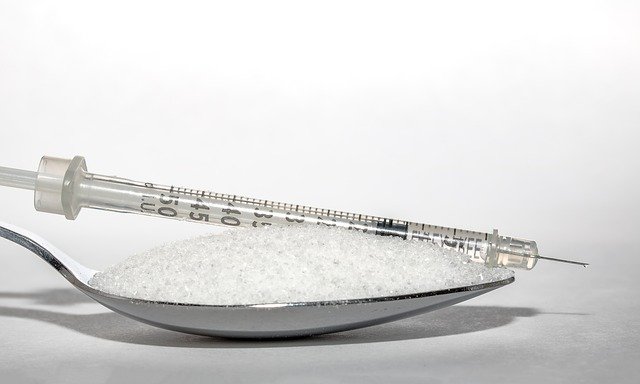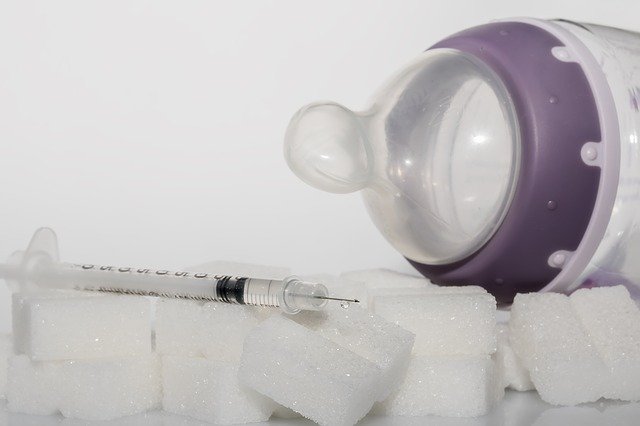Diabetes
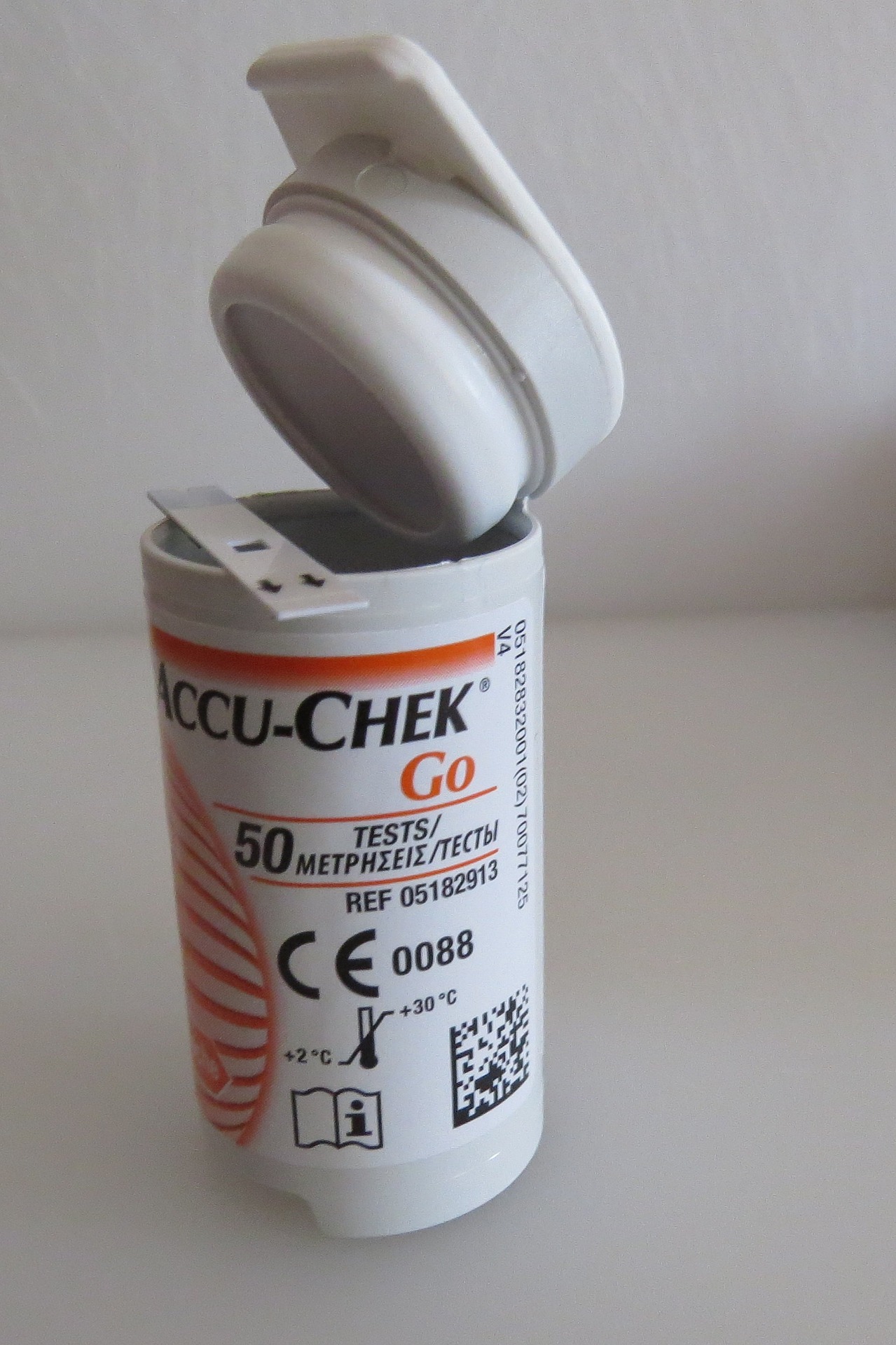
What Causes Diabetes
The Causes of Diabetes are Different Depending on Type of Diabetes and other Factors
Call NHS!
+44 345 123 2399
Get advice!
support@rajeev.me.uk
What is dangerous?
Low Blood Sugar is more Dangerous than High Blood Sugar
Know More about Diabetes
How Can You Identify Diabetes
Types of diabetes
Diagnose diabetes
Pre-diabetes
Gestational diabetes
Symptoms of diabetes
Risk factors Type 2
We Create Creative
How does insulin work?
- WHAT'S INSULIN
- INSULIN ACTION
- SUGAR STORAGE
- INSULIN INACTION

Insulin is a hormone that comes from the gland situated behind and below the stomach (pancreas).
- The pancreas secretes insulin into the bloodstream.
- The insulin circulates, enabling sugar to enter your cells.
- Insulin lowers the amount of sugar in your bloodstream.
- As your blood sugar level drops, so does the secretion of insulin from your pancreas.
 After you eat food and your blood sugar level rises, cells in your pancreas (known as beta cells) are signaled to release insulin into your bloodstream. Insulin then attaches to and signals cells to absorb sugar from the bloodstream. Insulin is often described as a “key,” which unlocks the cell to allow sugar to enter the cell and be used for energy.
After you eat food and your blood sugar level rises, cells in your pancreas (known as beta cells) are signaled to release insulin into your bloodstream. Insulin then attaches to and signals cells to absorb sugar from the bloodstream. Insulin is often described as a “key,” which unlocks the cell to allow sugar to enter the cell and be used for energy.
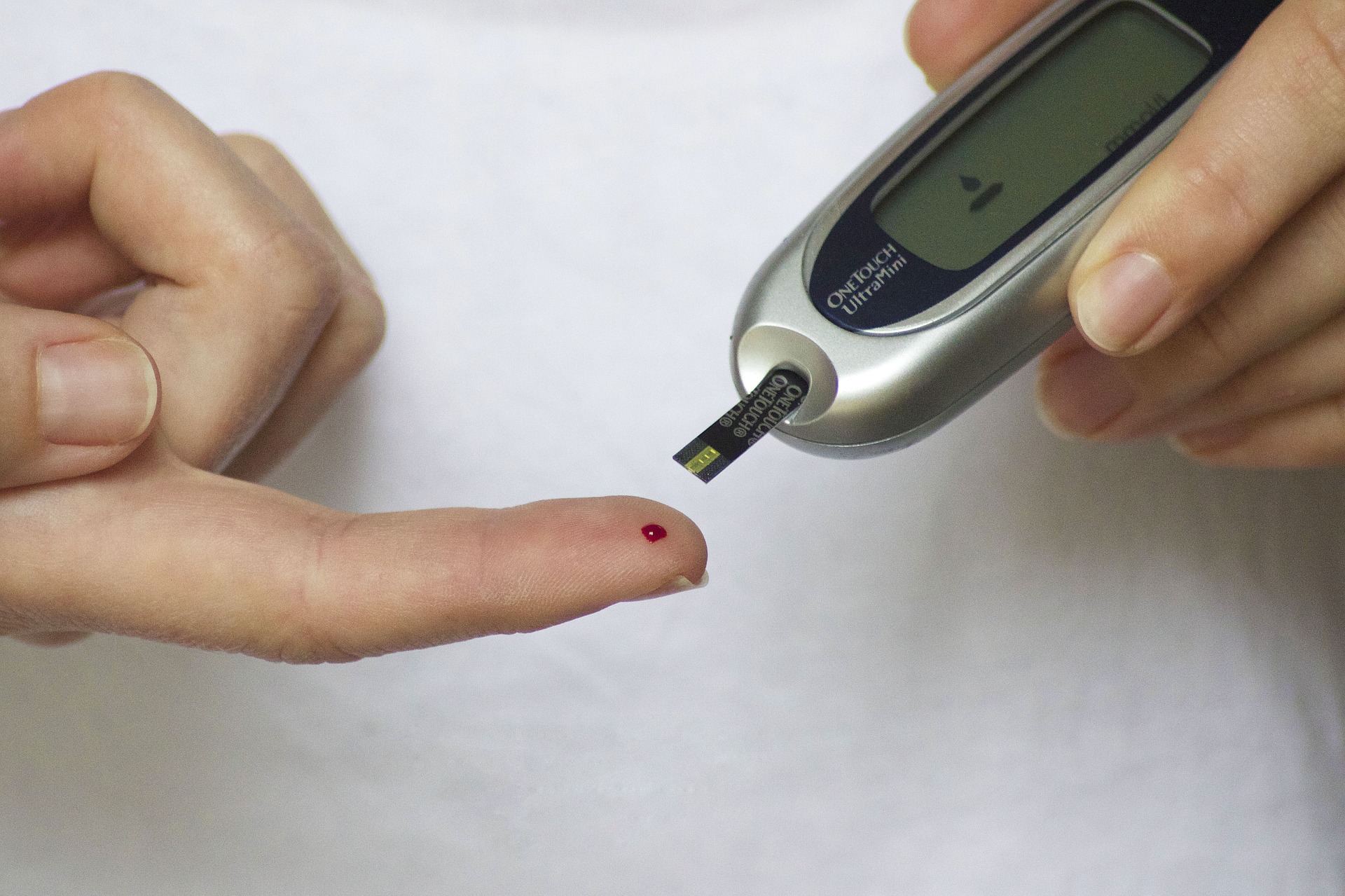 If you have more sugar in your body than it needs, insulin helps store the sugar in your liver and releases it when your blood sugar level is low or if you need more sugar, such as in between meals or during physical activity. Therefore, insulin helps balance out blood sugar levels and keeps them in a normal range. As blood sugar levels rise, the pancreas secretes more insulin.
If you have more sugar in your body than it needs, insulin helps store the sugar in your liver and releases it when your blood sugar level is low or if you need more sugar, such as in between meals or during physical activity. Therefore, insulin helps balance out blood sugar levels and keeps them in a normal range. As blood sugar levels rise, the pancreas secretes more insulin.
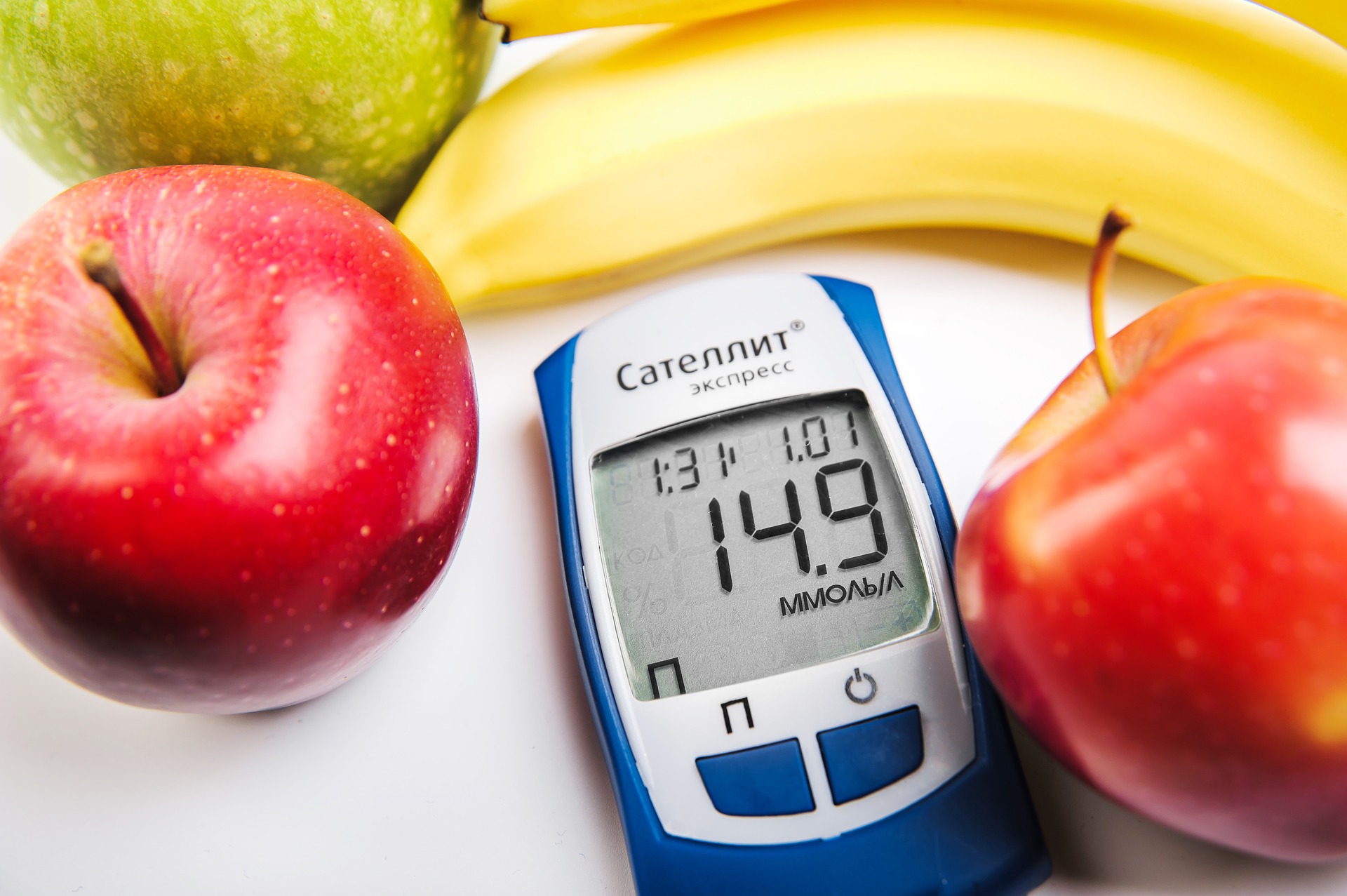 If your body does not produce enough insulin or your cells are resistant to the effects of insulin, you may develop hyperglycemia (high blood sugar), which can cause long-term complications if the blood sugar levels stay elevated for long periods of time.
If your body does not produce enough insulin or your cells are resistant to the effects of insulin, you may develop hyperglycemia (high blood sugar), which can cause long-term complications if the blood sugar levels stay elevated for long periods of time.
WHO criteria for diagnosing diabetes
What Treatment other than Insulin
Different Tablets for Diabetes

Robert Jhon
CEO, Bapple
Michel Clark
CEO, Microcard

